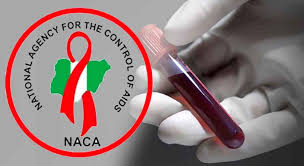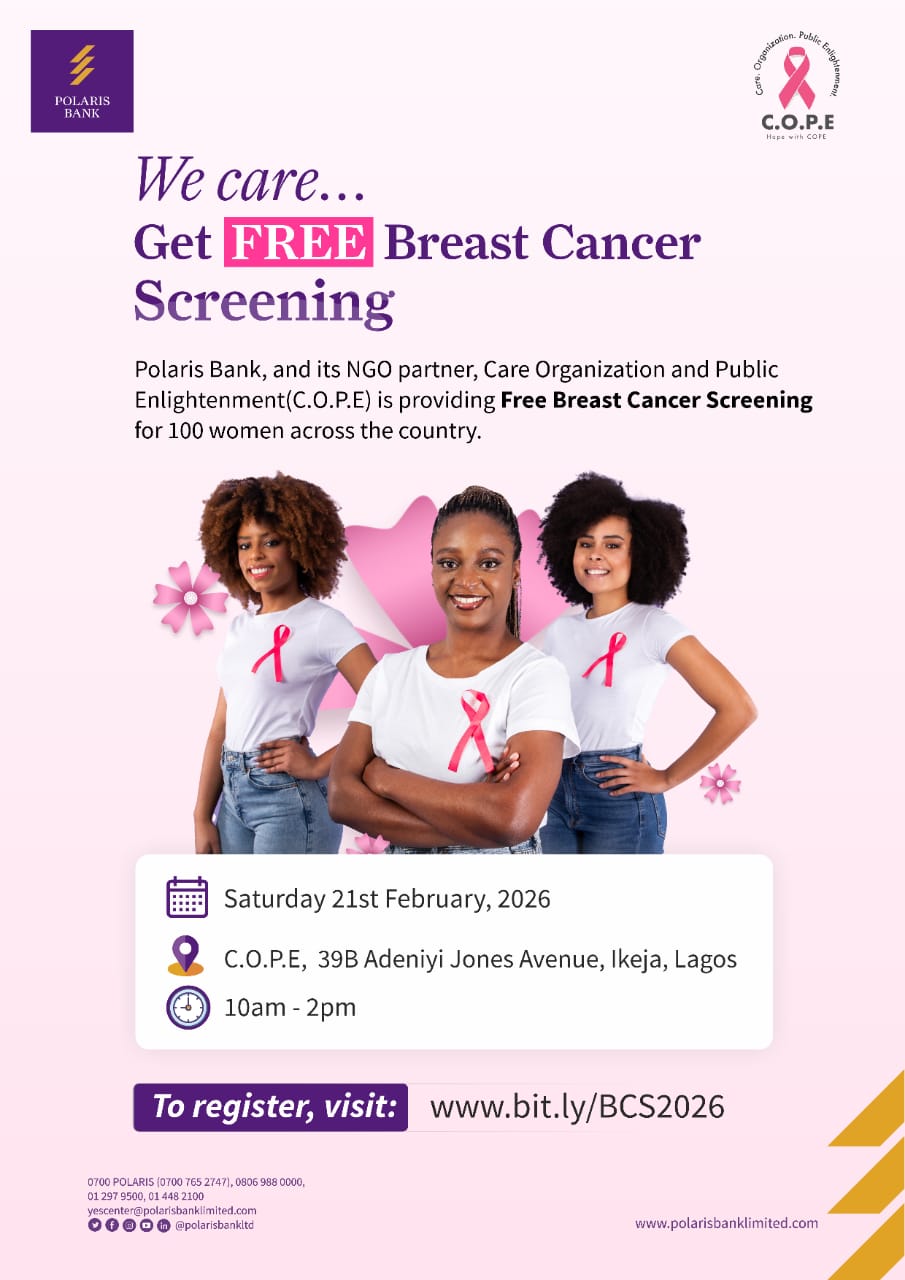NACA: 1.6m Nigerians Living With HIV-AIDS Currently Receiving Treatment

TAIWO ADELU
The National Agency for the Control of AIDS (NACA) says approximately 1.6 million out of the two million people living with HIV in Nigeria are currently receiving treatment.
This disclosure was made by the Director General of NACA, Temitope Ilori, at a press conference in Abuja on Monday ahead of the 2024 World AIDS Day with the theme: “Take the rights path: Sustain HIV response; stop HIV among children to end AIDS in Nigeria by 2030.”
The News Agency of Nigeria (NAN) reports that Ms Ilori said the theme aimed to raise awareness about HIV and AIDS, honour the lives affected by the epidemic, and focus on stopping AIDS among children.
According to Ms Ilori, Nigeria has an HIV prevalence of 1.4 per cent among the general population, with approximately 160,000 children aged 0-14 living with HIV.
“Despite progress, the country faces significant challenges in preventing mother-to-child transmission of HIV (PMTCT), with coverage remaining below 33 per cent.
“To address these challenges, NACA has developed the Global Alliance Action Plan to End AIDS in Children and established a national-level acceleration committee to track implementation.
“The agency has also engaged stakeholders to co-create a sustainability roadmap, ensuring that gains in the HIV response are sustained and government-mandated structures are in place.”
Ms Ilori emphasised the need for collective action, calling on all Nigerians to join hands with NACA to break the stigma, embrace equity, and drive collective action to stop HIV among children.
“On this World AIDS Day, I call on all Nigerians to join hands with NACA to break the stigma, embrace equity, drive collective action, and stop HIV among our children.
“We must empower every individual, especially women who are most vulnerable to contracting HIV, and other vulnerable populations, to access life-saving services and live with dignity.
“Together, let us recommit to the vision of an AIDS-free Nigeria by 2030. Ending AIDS is not just a target, it is a testament to our resolve, compassion, and unity as a nation,” she said.
Leo Zekeng, country director of UNAIDS, emphasised the need for sustainability and renewed political commitment as Nigeria moves toward ending AIDS by 2030.
“To achieve sustainability in the fight against HIV/AIDS, renewed political commitment and increased domestic resources are essential.
“This involves collaboration between government agencies, private sectors, and health organisations to allocate more resources to the AIDS response.”
Dr Patrick Dakum, chief executive officer of the Institute of Human Virology Nigeria (IHVN), emphasised the need for sustainability, renewed political commitment, and collaborative action to address the challenges ahead.
Mr Dakum, represented by Dr Olayemi Olupitan, project director, IHVN Global Fund N-THRIP, said they have demonstrated excellence in combating HIV and TB through a holistic approach that bridged national and community-level interventions.
“Our work has consistently focused on delivering patient-centred solutions, strengthening health systems, and reducing stigma and discrimination in communities.
“World AIDS Day serves as a reminder of our collective responsibility to ensure that no one is left behind in the fight against HIV/AIDS,” he said.
Funmi Adesanya, Nigeria’s country coordinator for the U.S. President’s Emergency Plan for AIDS Relief (PEPFAR), called for the expansion of preventive efforts to end HIV/AIDS and look beyond 2030.
Ms Adesanya, represented by deputy country coordinator, Emerson Evans, stressed the need to scale up evidence-based prevention strategies, such as Pre-Exposure Prophylaxis and harm reduction services to often-overlooked populations like children.
”Invest in resilient and inclusive healthcare systems that ensure uninterrupted access to antiretroviral therapy, even in crises.
“Address social determinants like stigma, discrimination, and structural inequalities that hinder access to care, particularly for marginalised groups,” she said.
Ms Adesanya also emphasised the importance of investing in research and development, supporting innovative vaccine development, and creating long-acting treatment regimens to improve outcomes and reduce transmission.










